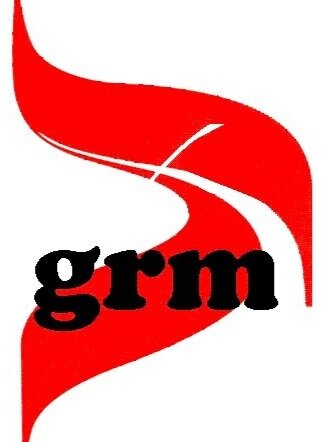Problem Gambling and the Workplace
CO-WORKERS ARE OFTEN THE FIRST LINE OF DEFENSE
Gambling and gambling related activities are frequently carried out during work hours. The workplace is used as a shield to hide the problem gambling from family members. This leaves managers and co-workers as the first line of defense. The challenge is to identify the problem gambler before they become desperate. To this end, it is important that all employers and employees develop a greater awareness of the signs associated with a gambling problem.
EFFECTS ON THE WORKPLACE
Although not often recognized, problem gambling is a significant workforce issue. The effects of a gambling problem almost always spill over into the workplace. This occurs through either the gamblers themselves or a family member who is living with the effects of a gambling problem. The workplace is primarily affected through lost time, lost productivity and, in desperate situations the gambler may resort to theft:
Lost time: Individuals with gambling problems can become completely preoccupied with gambling. The workday is often spent either in the act of gambling, planning the next opportunity, or plotting to get money for gambling.
Lost Productivity: As a result of lost time, the company's productivity is damaged. The gambler becomes unreliable, misses project deadlines and important meetings and produces work that is of poor quality. Physical and emotional health problems associated with excessive gambling can further diminish work performance and attendance.
Theft, fraud and embezzlement: Employees with severe problems may commit theft, fraud or embezzlement. Money is the gambler's key to action. Once all legitimate avenues to obtain cash are exhausted, the gambler, in desperation, may resort to illegal acts to acquire cash. The workplace becomes a primary avenue for the gambler to illegally finance their gambling. Gamblers do not see this activity as stealing. They see it as "borrowing money" and plan to replace it when they win.
WHEN SUSPECTING AN EMPLOYEE HAS A GAMBLING PROBLEM, WHAT CAN SUPERVISORS DO?
Express concerns in a caring and supportive manner. Do not diagnose the problem or tell the individual what to do. Be clear, non-judgmental and speak only for yourself.
I've been noticing changes in your work, and I am concerned about you.
Use work-related observations.
I see you coming in very late from lunch every day, too distracted to work all afternoon.
Be positive.
You are a conscientious person with a history of doing good work.
Explain how the problem affects you.
I had to reassign two of your projects, because you missed three deadlines.
Be clear about your position.
I need you to perform your job duties to the best of your ability; your performance has been slipping and without corrective actions your job is in jeopardy.
Respect personal boundaries.
I don't want to pry into your life, but I had to let you know I am concerned. I would be happy to talk to you about anything that is troubling you.
When a gambling problem is known, provide information, not advice.
Here is some information about available problem gambling resources. Another resource available to you is our EAP professional; here is their name and number.
Be prepared for denial or a hostile reaction.
It must be uncomfortable to hear this. It's difficult for me to bring it up, but I am concerned about you.
WHAT CAN YOUR ORGANIZATION DO?
A proactive response from your organization will help reduce the negative impact problem gambling can have within the workplace. The following are some measures to consider.
Policy statements: Incorporate the topic of gambling into relevant policies. Most companies have policies on Internet use, phone use, and disallowed activities during work hours. When reviewing policy statements make sure the policies are sufficiently comprehensive to address problem gambling issues, e.g., Internet gambling.
Provide awareness training: Without awareness, problem gambling will not be detected. The signs of a gambling problem are seldom identified as gambling related. Training can help employees and employers to identify and assist the problem gambler.
Make financial counseling available: Financial issues can be just as serious as a mental health disorder. It is important that financial counseling be made available to employees who are in a fiscal crisis.
Monitor the money stream: Some occupations involve direct contact with money while in other occupations money can be "moved". These occupations might be considered high risk for the problem gambler and a monitoring system can protect employee and employer.
What Resources are Available?
National Problem Gambling Help Line: (800) 522-4700
The National Problem Gambling Help Line provides help to people with gambling problems and their families.
Callers receive confidential, professional service from trained counselors. The line operates 24 hours a day, seven days a week and is free of charge.
Indiana Help Line: (800) 994-8448
Gambling Recovery Ministries:
(855) 926-0761Gamblers Anonymous (GA)
GA HOTLINE: 855-222-5542
www.gamblersanonymous.orgGam-Anon
Gam-Anon: A peer-led support group, Gam-Anon provides a supportive environment for the spouses, relatives, or close friends of- problem gamblers to share their experiences. There is no membership fee. A list of local meetings is available by calling the above Problem Gambling Help Lines.
International Hotline: 718-352-1671
www.gam-anon.org
If you or someone you know needs help with problem
gambling, reach out – we’re here to help.
